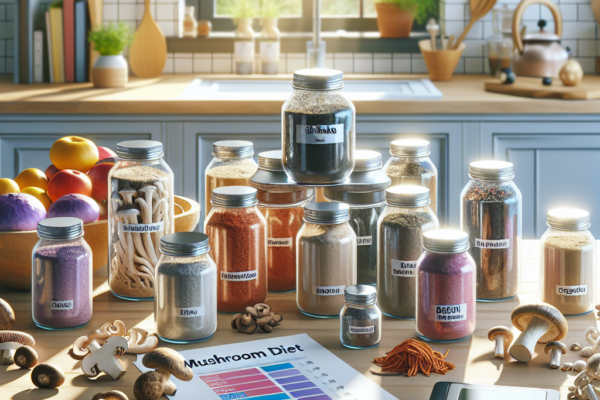Blog
What Does Organic Mean?
As a coffee lover, you likely understand the value of purchasing high-quality beans that support farmers’ livelihoods. But with all of the different labeling terms such as organic, Fair Trade, and Rainforest Alliance certifications out there it can be difficult to know where to start when considering sustainable consumption. We’ll go over these differences between certifications as well as their implications for your cup of joe.
What Does Organic Mean? Organic food production refers to using only natural fertilizers and forgoing synthetic chemicals such as pesticides in order to produce healthier plants with safer results for consumers, while simultaneously protecting natural resources and supporting biodiversity.
Fair Trade Certification establishes minimum prices for farmers, enabling them to earn stable incomes and enhance their living standards. Furthermore, Fair Trade coffee contributes to community development via Community Development Funds that offer access to education, healthcare services and infrastructure projects for local communities.
Single Origin coffees are becoming an increasingly popular trend within the coffee industry, supporting local farmers while creating transparency throughout its supply chain. Direct relationships between producers and roasters lead to high-quality beans with distinct flavor profiles that often result.
The Rainforest Alliance is a nonprofit organization dedicated to the long-term sustainability of coffee farms and their ecosystems. Their certification process involves audits and inspections in coffee-producing areas to reduce environmental impacts associated with coffee cultivation. Consumers who purchase RFA-certified coffee can rest easy knowing their purchases contribute towards protecting land, preserving biodiversity, and supporting local coffee-growing communities.
Bird Friendly coffee differs from conventional full sun cultivation by being grown under dense forests in shade, to protect migratory birds and promote ecological balance while simultaneously helping regulate soil nutrient levels and provide an ideal microclimate for coffee plants.
Organic and Fair Trade certifications may offer some assurance of environmental and social conditions on coffee farms, yet additional standards are necessary to address some key challenges facing the coffee industry. These include protecting worker health and safety, safeguarding the environment and creating more resilient production systems.
Understanding what these labels signify can make you a more informed consumer when shopping for sustainable products. When choosing your next cup of joe, look out for labels such as organic, Fair Trade or Rainforest Alliance certified to support ethical sourcing while improving the overall experience.



